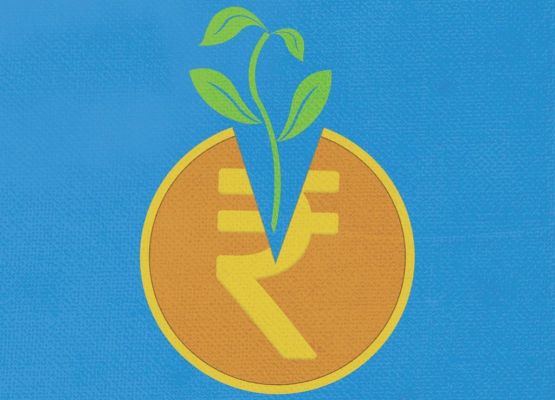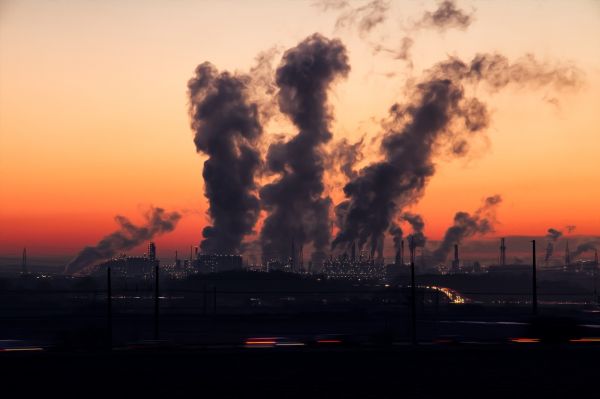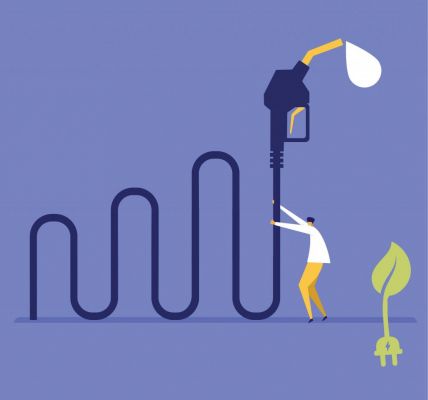संपादक की पसंद
.jpg)
-Sunita narayan
What we need is an evergreen revolution that secures livelihood, provides for energy security and combats climate change
CELEBRATING WORLD Environment Day in the time of an ongoing horrific health pandemic is difficult
to contemplate. In this time of immense human grief and loss, what does the environment even count for?
But take a moment to reflect. The most important element that we gasped for in the past month was
oxygen. Think of the hours and days we spent finding oxygen for our loved ones; how we saw patients collapse and
die because hospitals did not have oxygen in the tanks; how the courts stepped in to regulate the transportation of
oxygen from industries across the country; how we learnt about the business of oxygen concentrator—a machine
that sucks in air and gives us oxygen on demand. Our desperation cannot be recounted without pain. We saw the
gasp for each breath—and just how precious it is. This then is what we must remember this World Environment
Day. The oxygen that we get from nature is about increasing green cover and ensuring that our air—our every
breath—is not polluted. Something we talk glibly about and yet discount with our next move.
The theme of this year’s World Environment Day, celebrated every year on June 5, is ecosystem restoration.
Increasing the tree density and repairing the ecosystem health means the world will sequester carbon dioxide—
that is filling up our atmosphere and leading the world to an inexorable downward spiral of climate change
impacts—and release oxygen. It’s a win-win. But what we need to understand is that planting trees or restoring
ecosystems will require us to first restore our relationship with nature and society.
The fact is trees are about land—who owns it; who protects and regenerates it, and who has the rights over the
produce. In India, the forest department has the “ownership” of vast areas of common forest land. But countries
like India do not have “wilderness”. Instead, we have habitats where people coexist with wild animals in forests.
These are the same forest districts classified as the most backward and poorest. It is also a fact that using all the
legal and administrative, and sometimes, muscle power, the country’s forest
department has kept the tree cover somewhat intact. It works hard every day to
keep people and their animals out. It shuffles files between the bottom rung of
guards and the top bureaucrats to minimise the cutting of trees for “development”
projects—from mining to dams.
But “growing” trees needs people to take ownership of its management; so
that livestock is kept out; so that the saplings survive. More importantly, trees
have a value—whether for their ecosystem services or for timber—which needs
to be paid to the grower. This would then make for a tree-based renewable future—where timber can be used for
making houses and wood for generating energy. This will be an evergreen revolution that puts money in the hands
of the poor; secures livelihoods; and at the same time provides for energy security and combats climate change.
Today the entire world is talking about nature-based solutions—what I have described above—but without
putting the poor community at the centre of the solution. The reason is not difficult to understand. It is about the
political economy of land tenure; the power of the most voiceless and marginalised; and about the cost of growing
trees when people matter. In this scheme the value of land and labour needs to be paid for, not in terms of the
cheapest options for mitigating carbon dioxide from the air but in terms of livelihoods that this solution will
provide. This will make the entire idea of buying cheap carbon offsets unfeasible.
Then, of course, there is the challenge when with every breath we inhale poison and not oxygen. We discuss
this every year, when winter comes and the pollution gets trapped in the heavy air and moisture. We feel it then.
We scream. But then we forget. So, just as winter ended this year, the Indian government decided to change the
rules for coal-based thermal power plants to give them a licence to pollute. Simply, it said, you can pay for noncompliance
and this penalty will be lower than what you would spend on pollution control equipment. The rules
are oxygen for the power companies and death by breath for the rest of us.
The fact is our oxygen cannot be secured in a cylinder or by an oxygen concentrator machine that I suspect
every rich Indian household will now buy and keep. It cannot even be secured by the air purifier that we already
have bought and installed in our houses and offices. Instead, oxygen needs us to value it as the most important
and critical life-support system of our world. So, this World Environment Day, when the ravages of the pandemic
have left us angry and shattered, let’s not beat around the bush any more. We know today, more than ever before,
that talking the talk does not save lives. We need to walk the talk. The oxygen in this battle for a greener and
more inclusive tomorrow is our common anguish—this is our fight for survival. Nothing less. (downtoearth.org.in) DTE @sunitanar










.jpg)
.jpg)






